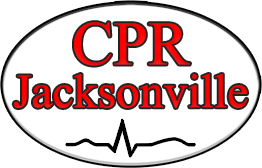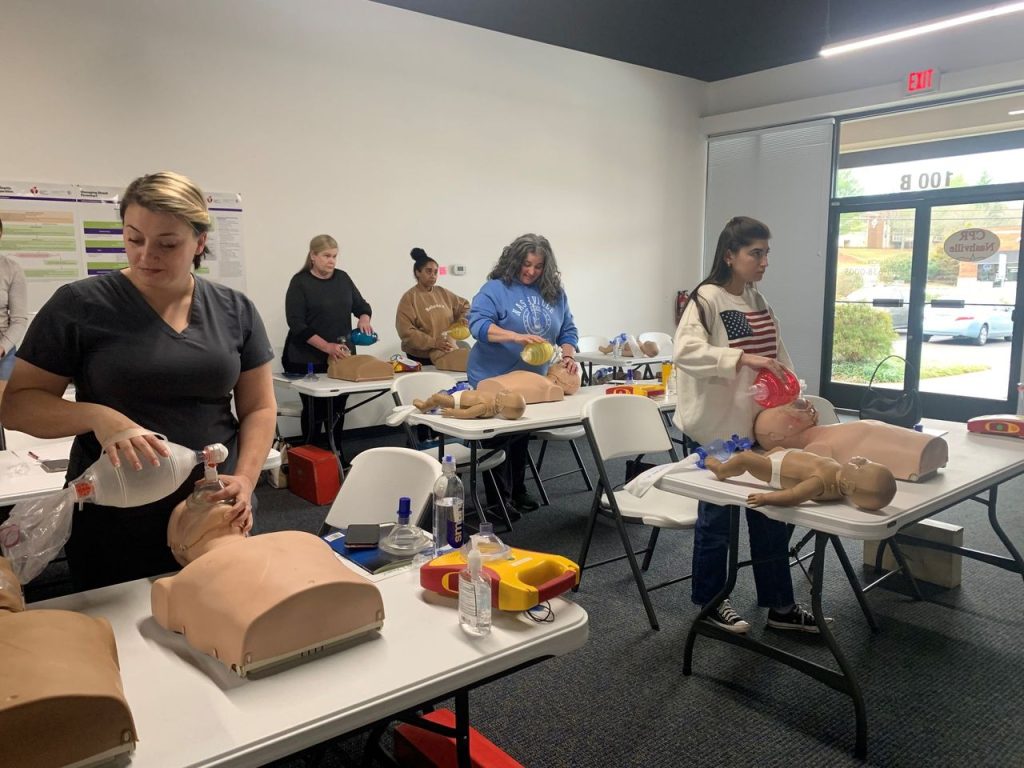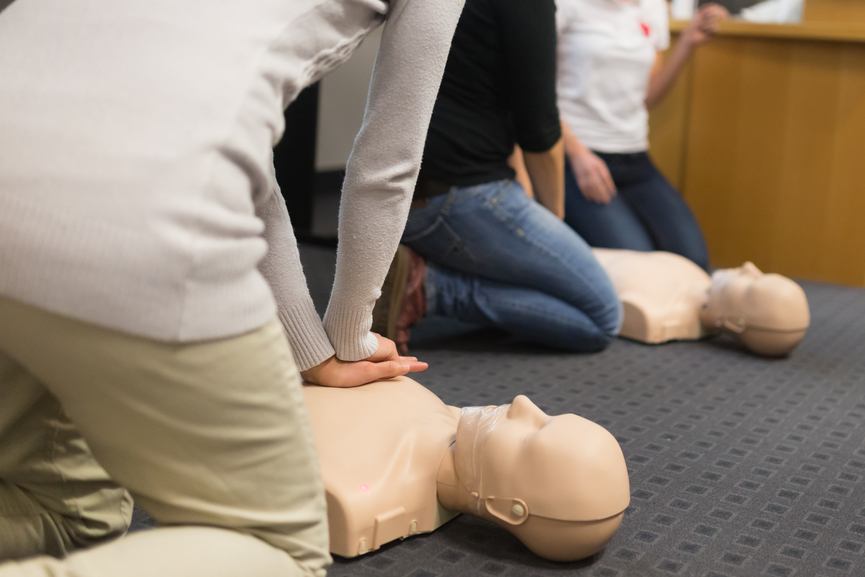Basic Life Support (BLS) is a fundamental set of skills aimed at preserving life during emergencies, particularly in situations involving cardiac arrest. The American Heart Association (AHA) is a renowned organization committed to promoting cardiovascular health and providing education and training in lifesaving techniques. AHA BLS training plays a crucial role in equipping health workers with the knowledge and skills necessary to respond effectively to emergencies and improve patient outcomes.
AHA BLS encompasses a comprehensive set of guidelines and protocols designed to teach healthcare providers the essential skills needed to respond to cardiac emergencies. This training covers various components, including Cardiopulmonary Resuscitation (CPR), the use of Automated External Defibrillators (AEDs), and basic airway management techniques. The target audience for AHA BLS training includes healthcare professionals such as nurses, doctors, paramedics, and other allied healthcare workers.
Benefits of AHA BLS to Health Workers
- Improved Patient Outcomes: AHA BLS training equips health workers with the skills to intervene promptly during cardiac arrest, leading to increased survival rates and improved patient outcomes. Studies have shown that early initiation of BLS interventions, such as high-quality CPR and defibrillation, significantly improves the likelihood of survival for patients experiencing cardiac arrest.
- Enhanced Confidence and Preparedness: By mastering BLS techniques, healthcare providers gain confidence in their ability to handle emergency situations effectively. This increased confidence translates into better performance during emergencies, as healthcare workers are more likely to act decisively and efficiently when faced with critical situations. Additionally, BLS training reduces stress and anxiety in high-pressure scenarios, allowing healthcare providers to remain calm and focused when providing care to patients in distress.
- Compliance with Professional Standards and Regulations: AHA BLS certification demonstrates a commitment to patient safety and ensures compliance with professional standards and regulatory requirements. Many healthcare facilities require staff members to maintain current BLS certification as part of their employment requirements. By obtaining and maintaining AHA BLS certification, healthcare workers demonstrate their dedication to providing safe and effective patient care.
- Team Collaboration and Communication: AHA BLS training emphasizes the importance of coordinated teamwork and clear communication among healthcare providers. In emergency situations, effective communication and collaboration are essential for delivering timely and appropriate care to patients. BLS training teaches healthcare workers how to work together efficiently as a team, ensuring that everyone knows their role and responsibilities during resuscitation efforts. This coordinated approach improves the efficiency and effectiveness of emergency response efforts, leading to better patient outcomes.
- Personal and Professional Development: AHA BLS training provides health workers with valuable life-saving skills that not only benefit patients but also contribute to their personal and professional development. By mastering BLS techniques, healthcare providers acquire a valuable set of skills that can be applied in various clinical settings. Additionally, obtaining BLS certification can open up career advancement opportunities for healthcare workers, as many employers value employees who possess specialized training in emergency care.
AHA BLS Training Process
AHA BLS courses typically consist of both online and hands-on components and vary in duration depending on the level of certification being sought. Basic courses may be completed in a single day, while more advanced courses may span multiple days and include additional training modules. Hands-on practice sessions and simulations allow participants to apply BLS techniques in simulated emergency scenarios, reinforcing their learning and skills acquisition. These practical exercises provide healthcare providers with valuable experience in performing CPR, using AEDs, and managing basic airway interventions under simulated conditions.
Upon completion of the course, participants are assessed through written exams and skills evaluations to ensure competency in BLS techniques. Successful completion results in AHA BLS certification, which is valid for a specified period (typically two years). Certification renewal requires healthcare providers to complete refresher training and demonstrate continued proficiency in BLS skills.
Health workers must maintain their BLS certification through ongoing education and periodic recertification to stay updated on the latest guidelines and practices. AHA offers a variety of continuing education options, including online courses, workshops, and conferences, to help healthcare providers meet their recertification requirements. Recertification ensures that healthcare workers remain proficient in BLS techniques and prepared to respond to emergencies effectively.
Challenges and Considerations
- Access to Training Resources and Instructors: Ensuring access to AHA BLS training resources and qualified instructors can be challenging, particularly in rural or underserved areas. Healthcare facilities may need to invest in training equipment and provide ongoing support to ensure that staff members have access to quality BLS training opportunities.
- Integration of AHA BLS Training into Existing Healthcare Education Curriculum: Incorporating AHA BLS training into existing healthcare education curriculum may require restructuring and coordination among educational institutions and healthcare facilities. Collaboration between academic institutions, healthcare providers, and professional organizations is essential to ensure that BLS training is integrated effectively into healthcare education programs.
- Cost and Time Constraints for Healthcare Providers: The cost and time commitment associated with AHA BLS training may pose challenges for healthcare providers, particularly those working in resource-limited settings. Employers may need to provide financial assistance or offer flexible scheduling options to support staff members in obtaining and maintaining BLS certification.
- Addressing the Need for Ongoing Skills Maintenance and Updates: Health workers must actively engage in ongoing skills maintenance and updates to ensure proficiency in BLS techniques and compliance with certification requirements. Employers can support staff members by providing opportunities for regular skills practice, refresher training, and participation in continuing education activities.
AHA BLS training is essential for health workers to effectively respond to cardiac emergencies and improve patient outcomes. By equipping healthcare providers with the necessary knowledge and skills, AHA BLS training enhances confidence, promotes teamwork, and ensures compliance with professional standards. Despite challenges, prioritizing BLS training is crucial for healthcare professionals to fulfill their duty to provide quality care and save lives. Looking ahead, ongoing advancements in AHA BLS education and practice hold promise for further improving emergency response efforts and patient outcomes. Healthcare organizations and policymakers must continue to invest in BLS training and support initiatives that promote access to high-quality education and certification opportunities for healthcare providers. By prioritizing BLS training and ensuring that healthcare workers remain proficient in lifesaving techniques, we can work together to save lives and improve the overall quality of emergency care.
In conclusion, gaining a comprehensive understanding of the American Heart Association Basic Life Support (AHA BLS) program is instrumental for healthcare workers in Jacksonville FL, and beyond. With CPR Jacksonville FL serving as an accredited American Heart Association training site, offering a wide range of courses including BLS certification Jacksonville FL, health workers have access to essential training that can significantly enhance their ability to respond to medical emergencies. The stress-free and hands-on nature of the classes provided by CPR Jacksonville FL ensures that healthcare providers receive practical, skill-focused education that prepares them to deliver high-quality care in real-world scenarios. By investing in AHA BLS certification through reputable training sites like CPR Jacksonville FL, health workers not only meet professional requirements but also demonstrate their commitment to providing the best possible care to their patients. Thus, embracing AHA BLS certification serves as a testament to the dedication and preparedness of health workers, ultimately leading to safer and healthier communities in Jacksonville FL, and beyond.



